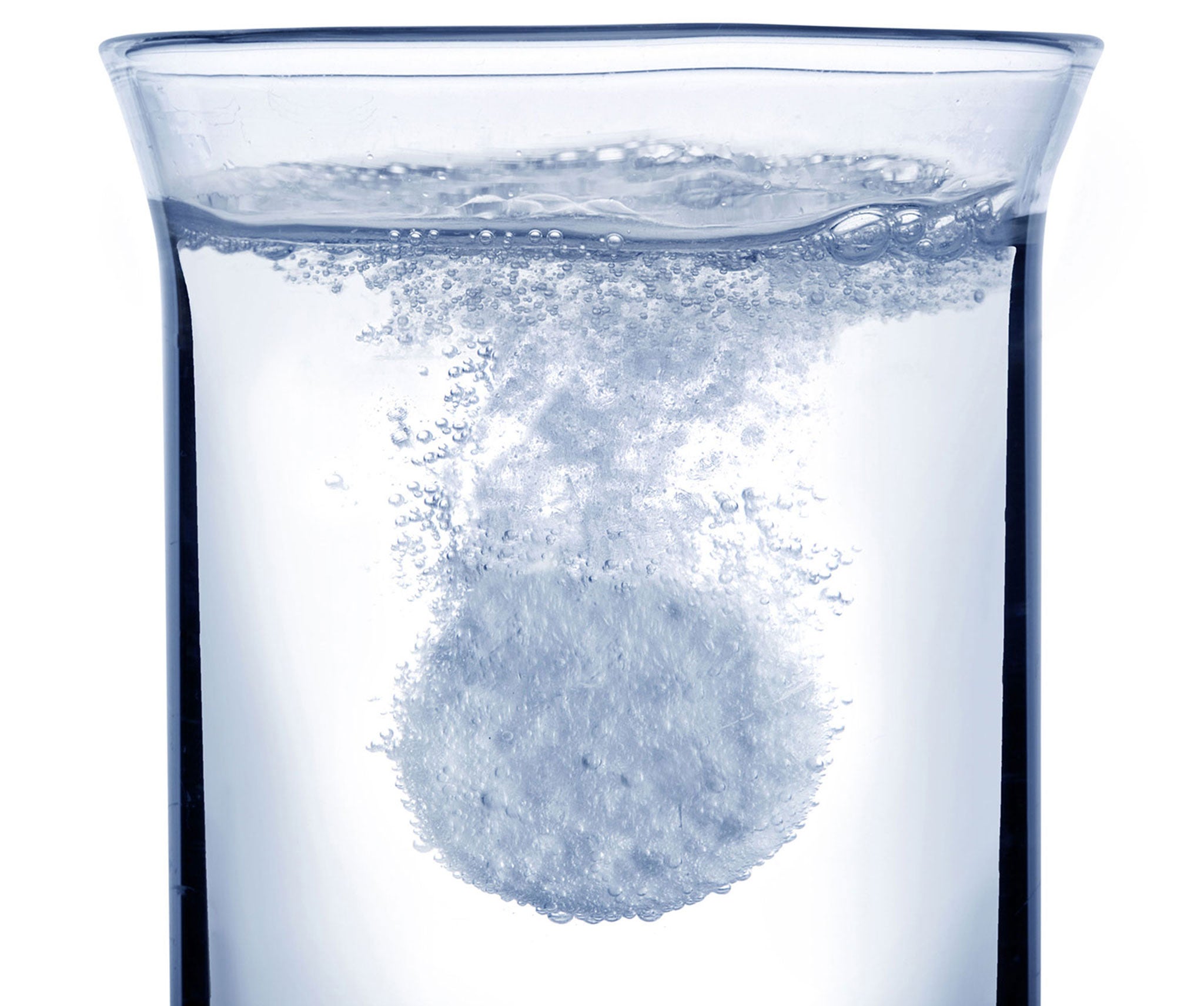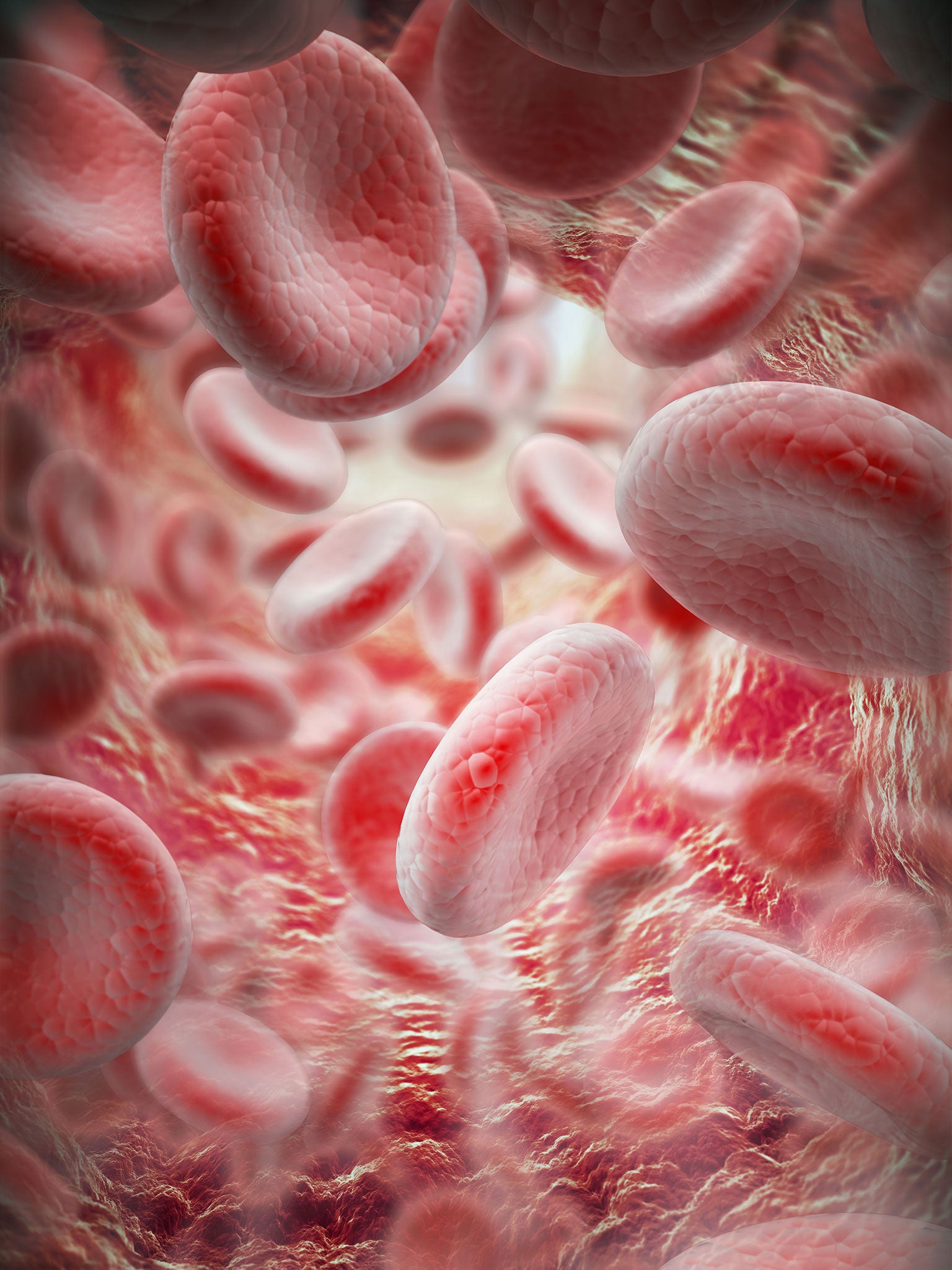Aspirin can protect against cancer - and treat it, according to new research
Aspirin is already used by millions to reduce the risk of heart attacks and strokes. But the latest research suggests that the drug could also have a major role in treating and preventing cancer. Cheap and safe, it is the nearest we have to a wonder drug, says Jeremy Laurance. So, should we all be taking it?

If any medicine can lay claim to the title “miracle drug”, it is surely aspirin. It may be known as an everyday painkiller, largely replaced today by the modern upstarts paracetamol and ibuprofen, but the range of its effects is astonishing. And our understanding of them is still growing, more than 100 years after it was discovered.
Millions of people around the world take aspirin daily to protect against heart attacks and strokes. Aspirin thins the blood, making it harder to form clots, helping to prevent blockages in the blood vessels. It protects against diabetes, dementia and pregnancy complications (pre-eclampsia), its anti-clotting effect proving beneficial both at the end of life and the beginning, as well as reducing pain. But the big news in recent years has been its role in cancer.
In a study presented in Vienna this week, Dutch researchers reported that a daily aspirin could double the life expectancy of patients with gastro-intestinal cancers – of the oesophagus, stomach and colon. Among the 14,000 cancer patients studied, regular users of the drug were twice as likely to be alive after four years as those who were not taking it.
Aspirin is already known to protect against these cancers. Now, evidence is growing that it has a role in treatment as well. Should, then, we all be on it? If a drug that has been around for so long and has been so widely used turns out not only to cut heart attacks and strokes, but also to prevent and improve survival from several major cancers – the major killers of our time – then why not give it to everyone?
Aspirin can fairly claim to be one of the broadest spectrum medicines ever discovered – a potent anti-cancer agent, heart drug, fertility promoter and cognitive enhancer, as well as reducing aches and pains and easing fevers in diseases such as flu. It may not yet be a panacea for all ills – but it is coming close.
Martine Frouws of Leiden University in the Netherlands, who presented the latest findings on cancer to the European Cancer Congress, said the challenge now was to identify the patients who could benefit most. “Given that aspirin is a cheap, off-patent drug with relatively few side-effects, this will have a great impact on healthcare systems as well as patients.” Her study is one of dozens that have shown similar effects. Taken together, they suggest aspirin offers a new line of defence against disease.
When it comes to prevention, the standard message on both cancer and heart disease has been to change our lifestyles – stop smoking, reduce drinking, exercise more, eat better – but with little effect. Now, it appears that an aspirin a day might achieve what years of health education has failed to deliver.
Aspirin can halt the march of any cancer through the body
In the US, the Preventive Services Task Force is working on recommendations for the use of aspirin to reduce cancer risk. In the UK, the National Institute for Health and Care Excellence (Nice) decided against a formal assessment on the grounds that several major trials are due to report in the coming years. Its decision, which disappointed some researchers, begs the question: why we are still waiting for evidence of aspirin's effects, more than 100 years after the German pharmaceutical company Bayer first marketed the drug in 1899?
In part, the answer is a lack of funding. Aspirin is long out of patent, and although Bayer still makes a few hundred million pounds annually from the drug, and supports research, there is no billion-dollar bonanza in prospect of the kind necessary to persuade pharmaceutical companies to stump up the vast sums needed for trials. Most of those that have been run have been publicly funded and progress has been slow.
But there is a second reason – a lack of interest from funders and researchers in the clinical end of cancer prevention. The vast majority of laboratory-based research has focused on cancer treatment – developing the drugs that cost tens of thousands per patient and buy a few extra months of life. Research on prevention has focused on measures such as stopping smoking and improving screening. There has been less interest in chemo-prevention.
Despite the difficulties, the evidence has been building. Overall, the research suggests that a daily low dose (75mg) aspirin taken for at least five years in middle age can reduce the risk of developing gastro-intestinal cancers (of the oesophagus, stomach and colon) by around 20 per cent. It also protects against other cancers such as breast, lung and prostate, but the reduction in risk is less pronounced.
As a treatment, it may be even more powerful. A review of eight large randomised controlled trials – the gold standard of medical research and stronger evidence than Dr Frouws' “observational” study – involving 25,000 patients taking a low daily dose of aspirin to ward off heart disease – found the drug reduced deaths due to all cancers by more than a fifth (21 per cent).

Published in The Lancet in 2011, that review was followed by a second one, published in 2012, of five randomised trials, which found that patients with cancer taking a daily aspirin reduced “distant metastasis” – spread to organs such as the brain, liver and lungs, which is usually terminal – by 30-40 per cent. If a new medicine were launched tomorrow with a similar sized effect, it would be hailed as a breakthrough. But instead of being priced at tens of thousands of pounds, aspirin costs 1p a tablet.
Peter Rothwell, Professor of neurology at Oxford University and doyen of aspirin researchers, who conducted both reviews, said this was powerful evidence. Aspirin can halt cancer's remorseless march through the body (though it does not prevent local spread). And not just specific cancers but any cancer.
The drug appears to work by making the platelets, one of the constituents of the blood, less “sticky”. As a cancer grows, cells break off and are carried round the body in the blood by the platelets until deposited in a distant organ, where they form a new tumour. By reducing the platelets' stickiness, aspirin makes it harder for them to carry and distribute the cancer cells.
The message was unequivocal. If you take aspirin daily, perhaps because you have a history of heart disease, and you are unlucky enough to develop cancer, you should continue taking the drug. “If you happen to develop cancer while taking a daily aspirin, you shouldn't stop it,” Professor Rothwell said. “You are substantially less likely to suffer metastasis. But we are not absolutely sure it is worth starting aspirin after developing cancer.”
That question – whether aspirin should become a routine treatment for cancer for those not already on it at the point of diagnosis – is set to be settled by a major new randomised trial testing aspirin against a placebo in cancers of the breast, colon, oesophagus and prostate, which started this year in 100 centres in the UK. It will be a decade before the results are available, though a similar trial in Singapore is expected to report in two to three years.
This leaves open the question of what people should do today, given the current state of research. Take a daily aspirin – or not? The problem with aspirin is that in a small number of people it is an irritant to the stomach, causing indigestion, nausea and sometimes bleeding. There is also a very small risk of a haemorrhagic stroke – a bleed in the brain. The risks, though small, have to be set against the likely benefit and have prevented its wider use.
Taken daily, aspirin cuts the risk of heart disease and stroke and has been prescribed for decades to people who have had one heart attack in order to prevent a second. But because of the bleeding risk, it is not recommended as a preventive measure against a first heart attack.
Now, with the growing evidence of its benefit against cancer, that balance may need to be reassessed. The gain is greater for men than for women because gastro-intestinal cancers account for about a quarter of all cancers in men compared with only eight to 10 per cent in women. Even if aspirin halved those cancers, it would mean only a four per cent reduction in the cancer burden for women. But for men, it is a different story. “It does look like a good bet for men over 50,” Professor Rothwell says. “When you add the cancer benefits to the vascular benefits, it looks more compelling.”
He takes a daily aspirin himself. “I have a family history of vascular disease, so it is partly to do with that,” he says. However, he does not advise others to do so, except with the advice of their GPs.
The benefits increase with age because cancer is more common in older age groups. For men starting on a low dose of aspirin at 50, after five to 10 years the results suggest that overall deaths from all causes would be 10 per cent lower, and the benefit would grow as the years advanced, even after aspirin was stopped.

For older people in their 70s to 90s, the bleeding risk is higher, so a daily aspirin is not recommended. But there is no evidence that the drug increases the risk of fatal bleeds.
Critics, however, urge caution before aspirin is recommended for mass medication. They point out that most of the randomised controlled trials cited as evidence of its benefits were not designed to test its anti-cancer effects. Potential dangers may not be apparent from trials involving different patient populations.
Although the evidence on aspirin's safety is reassuring, there are a number of unanswered questions. What dose provides the greatest protection and the lowest side-effects? Who is most likely to benefit? Which cancers are prevented? How long after stopping the drug does the anti-cancer effect last?
The current focus of research is on whether aspirin protects against cancers with specific genetic types and whether there are people with a higher risk of a gastro-intestinal cancer for whom a daily aspirin might be more strongly indicated. Professor Rothwell, who has been studying the drug for more than a decade, is philosophical: “The advice needs to be a bit more nuanced than to say everyone should be taking it. But we are becoming clearer what all the risks and benefits are.” µ
The history of aspirin
Aspirin is derived from the salicin found in the bark of the willow, which has been known to ease aches and pains since the time of Hippocrates.
Interest in willow bark was revived in 1753, when the Reverend Edward Stone made an infusion and gave it to 50 people suffering from fever. It is thought that he was following the Doctrine of Signatures, which held that the cure for a disease might be found in the same place as the cause. Fevers were believed to be aggravated by damp, and willows flourished in damp places. The infusion proved effective and Stone reported his results to the president of the Royal Society.
However, the drug was bitter and unpleasant to take. Salicin is unstable and causes side effects including irritation of the mouth, oesophagus and stomach. It was not until more than a century later, in 1897, that Felix Hoffman, a German chemist working for the pharmaceutical company Bayer, found a way to reduce the side-effects by tweaking the chemical to create aspirin.
Hoffman, working with Arthur Eichengrun, patented the new drug and in 1899, Bayer announced its discovery in letters sent to 30,000 doctors in Europe. It was the drug industry's first mass mailout.
By 1950, aspirin was the best-selling painkiller. But a decade later, it was being challenged by the newer painkillers paracetamol and ibuprofen. Then doctors began to notice that people taking aspirin had fewer heart attacks and strokes. The mechanism of its anti-thrombotic effect was uncovered in the 1970s by Sir John Vane, who was awarded the Nobel prize.
By the 1980s, aspirin was being widely used as a heart drug. But it has only been systematically studied in the last two to three decades, revealing in addition its potent anti-cancer effect.
In 1966, the New York Times called it “the wonder drug that no one understands”. Fifty years later, it still inspires wonder and its potential is still being explored.
Join our commenting forum
Join thought-provoking conversations, follow other Independent readers and see their replies
Comments